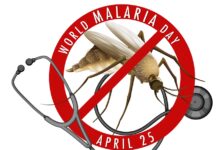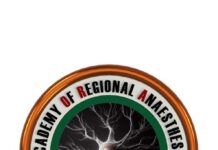A promising preclinical study has highlighted the potential of whole stevia leaf extract as an effective antimicrobial agent against Borrelia burgdorferi, the pathogen responsible for Lyme disease. This pathogen poses significant treatment challenges due to its complex life cycle, existing in various forms including spirochetes, cell wall-deficient spheroplasts, dormant cysts, and highly antibiotic-resistant biofilms. These pleomorphic traits allow B. burgdorferi to evade traditional antibiotic treatments, which typically target only specific forms and may struggle to penetrate protective biofilms.
The study, conducted by researchers from the University of New Haven’s Department of Biology and Environmental Science and published in the European Journal of Microbiology & Immunology, compared the effectiveness of an alcohol extract of whole stevia leaf to that of standard antibiotics like doxycycline, cefoperazone, and daptomycin, as well as their combination. Stevia extract was shown to be effective against all known morphological forms of B. burgdorferi, including persistent forms. Notably, it reduced biofilm mass by about 40% on plastic and collagen surfaces, whereas conventional antibiotics often failed to do so or even increased biofilm mass.
As reported by greenmedinfo, the study observed that while individual antibiotics left up to 10% of viable cells after treatment, stevia-treated cultures showed complete elimination in certain conditions. These results suggest that the phytochemicals in whole stevia leaf extract—such as austroinullin, β-carotene, and stevioside—may contribute to its antimicrobial properties.
Importantly, the study noted that commercial stevia products like Truvia, which lack the whole herb’s full range of active compounds, did not demonstrate the same antimicrobial effects. This underscores a broader principle in natural medicine: the efficacy of whole plant extracts often surpasses that of isolated components.
While these findings are preliminary and should not be taken as conclusive evidence that stevia extract can replace antibiotics in treating Lyme disease, they suggest potential avenues for future research. Stevia extract may serve as a complementary treatment or preventive measure, offering a natural and food-based approach with minimal risk compared to conventional therapies.























